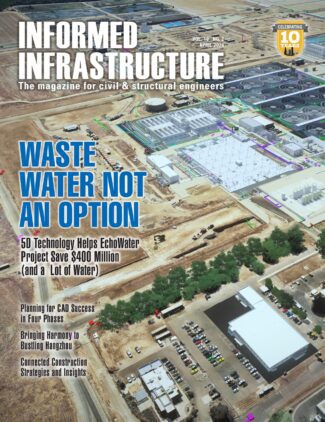At the Federal Transit Administration, we're always looking for ways to encourage innovation in transit. New technologies are not just the latest shiny new toys; when tested and demonstrated properly, they can help solve critical issues facing our communities, our nation, and even the world.
Our years of work researching low or no-emission buses have paid off, providing the basis for FTA this year to oversee an annual grants program with dedicated funding for new technology buses, the Low or No-Emission (Low-No) Bus Competitive Grant Program.

The grants program, funded at $55 million annually, provides FTA a great opportunity to put more new technology transit buses on the road. Buses that run on alternative fuels and limit “ or even eliminate “ their harmful greenhouse gas emissions are good for the environment and good for the bottom line, as many of these vehicles have lower fuel costs in the long run.
The fiscal year 2016 round of Low-No grants are being awarded grants to 20 projects in 13 states. The funding will go toward new vehicles, infrastructure like charging stations, and maintenance facilities. It will also support new innovations such as en-route charging technology that extends battery life.
The new buses will provide a great new experience for transit riders, with state-of-the-technology vehicles that not only don't pollute, but also add efficiency to existing bus networks. In Utah, Park City Transit plans to run Low-No buses on a new bus rapid transit route with high-frequency service. In Washington State, the city of Everett will run buses on its highest capacity route serving 1 million riders a year.

We know that buses serve a wide variety of public transportation riders across the nation, and I'm happy FTA can help improve those experiences for them with new modern green vehicles.
Some of the Low-No funded projects include workforce training, helping transit employees learn new skills to help them keep pace with the innovation economy. For example, SunLine Transit Agency, which
operates zero emission buses in Southern California, will use part of its grant to provide an interactive learning center for transit staff on bus maintenance.
Thanks to the Fixing America's Surface Transportation (FAST) Act, FTA is able to award the same amount of funding for the next four years. That means more certainty for local communities seeking to improve their green transit options, and a lot more Low-No vehicles on the road.
Transportation is one of the biggest contributors to greenhouse gas emissions, and has been the fastest-growing contributor over the past 25 years, according to the EPA. FTA is combating this trend through programs like Low-No while continuing to provide the best public transportation to communities throughout America.

